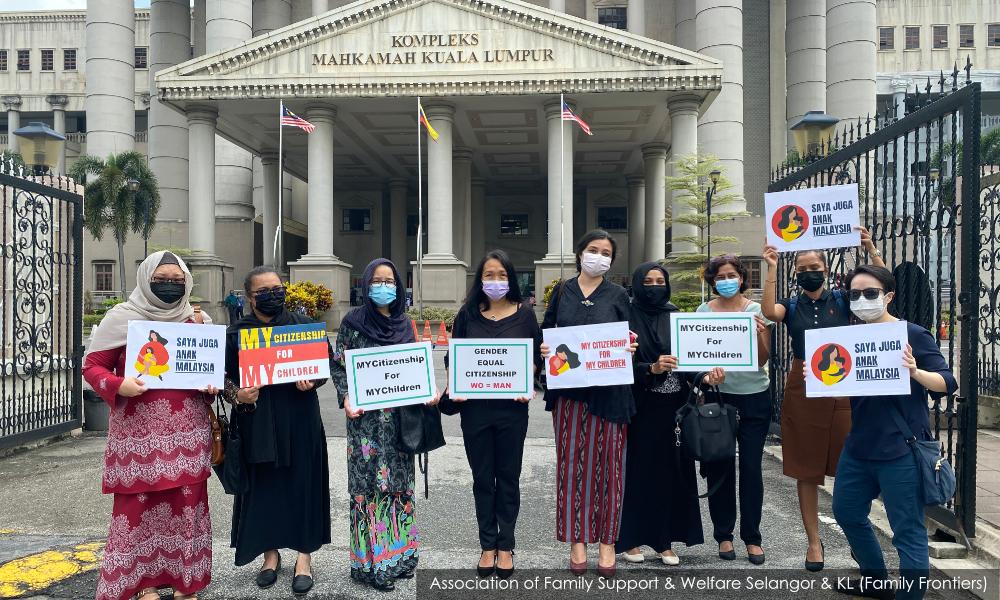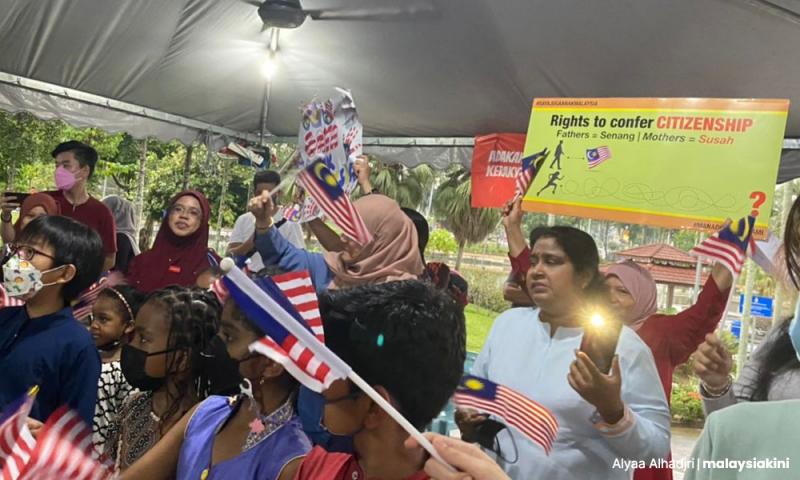MP SPEAKS | Rights of mothers ought to be duly protected
MP SPEAKS | Despite having achieved independence for the last 65 years, Malaysia has unfortunately not been able to grant rights to mothers to pass their citizenship to their children who were born outside the federation.
Why? Because the fathers of such children are non-Malaysians.
The recent majority decision of the Court of Appeal merely cemented the aforementioned painful reality.
We, however, may still breathe a sigh of relief when the minority opinion of the same court opted to duly recognise the fundamental right of the mother, hence throwing gender discrimination out of the window.
The two judges of the Court of Appeal who refused to grant citizenship to the children - via the mother’s route - exercised a literal and strict interpretation of the black letters of our apex law.
Was their judgment erroneous?
To be fair to them, the law endorses their interpretative task in resorting to literal and strict legal construction. The fans of strict constructionists would argue that the judges are not the lawmakers! They do not legislate laws. They merely interpret them.

In a literal interpretation, they merely interpret the law as it is and not as it ought to be. In jurisprudence, that is basically the primary character trait of a school of law known as positivism.
As far as positivists are concerned, in reaching exactitude and certainty in the law, the law ought to be given its literal meaning, despite the fact that doing so may give rise to injustice or unfairness.
Be that as it may, the majority of opinions rigidly construed the word “father” in S 1 (b) of Part II of the Second Schedule of the Federal Constitution to simply mean only “the biological father”. Period.
Both judges unanimously rejected the creative interpretation of the High Court judge who claimed the word “father” has to include “mother”.
Activist judges
Justice S Nantha Balan - who represented the minority opinion - held that children were entitled to Malaysian citizenship by operation of law pursuant to Article 14(1)(b) of the Federal Constitution read together with s 1 (b) of Part II of the Second Schedule.
Article 8 outlaws gender discrimination
In making such a decision, the said judge declined to be unduly shackled by a literal interpretation. Hence, he held that Article 14 (1)(b) (read with s 1 (b) of Part II of the Second Schedule) ought to be harmoniously interpreted with Article 8 of our apex law which, in essence, outlaws gender discrimination.
Consequently, in his view, the word “father” must include mother as well.
By resorting to such a wide and liberal interpretation, we may safely say that Justice Balan was indulging in judicial activism or pragmatism. He declined to be hounded by “the ghosts from the past”.
He seemed to hold the view that being a living Constitution, our apex law ought to hold a dynamic meaning that evolves and adapts to a new reality and environment.
As pointed out by Chief Justice Robert Shenton French AC (the former chief justice of Australia), “activist judges are those who, in discharging their functions, exceed what the Constitution provides, or what history defines, or what the contemporary society expects of them”.
MOHAMED HANIPA MAIDIN is the Amanah MP for Sepang and a former deputy minister in the Prime Minister’s Department (Legal Affairs).
The views expressed here are those of the author/contributor and do not necessarily represent the views of Malaysiakini.
RM12.50 / month
- Unlimited access to award-winning journalism
- Comment and share your opinions on all our articles
- Gift interesting stories to your friends
- Tax deductable
